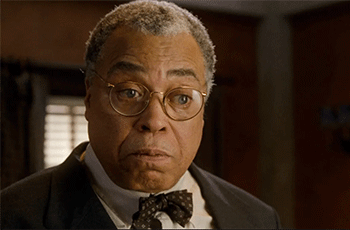
NOTES ON FILM & RESTORATION
06/11/2021“Cinema must be reinvented each time, and whoever ventures into cinema must also share in its reinvention.” I love this statement.
It was made in an interview by the Senegalese filmmaker Djibril Diop Mambéty. Consider the statement in relation to Mambéty’s own cinema and to his Touki Bouki in particular (the film was restored by the World Cinema Project in 2008). On first viewing, his classic 1973 film—about a young couple from Dakar trying to make their way to a supposedly better life in France—might seem unorthodox in the extreme and even disconcertingly fragmented. But like all real artists, Mambéty had no interest in creating work that would go down easily.
The tools for moviemaking are now more easily accessible and much cheaper than they were when Mambéty started. But that means many things. Here in the United States, we are in a period where lots of stuff gets commonly and carelessly labeled as “movies.” It is now lazily expected that absolutely everything will go down easily, that moviemaking will bend like a reed to the demands of every new political program or trend, that the past can be ignored because somebody else will pay attention to it. Moviemaking is now like the internet—“democratized” without any actual investment in or discussion of the idea of democratization. This is a laissez-faire attitude that often amounts to a resigned belief in the technology itself, which will presumably chart its own course, which harmonizes perfectly with the interests of every CEO everyone loves to hate. In moviemaking as it stands, pretty much everything is being thrown against the wall and almost nothing is sticking. And that’s because there’s a lack of investment in the very idea of cinema itself, which means an investment in its past as well as its present. It’s a state of affairs that can’t go on forever, and the way forward can only be a rediscovery of the cinema’s past, through new eyes.
Mambéty is now a part of that past. He died far too soon, in 1998 at the age of 53. It was extremely difficult to get a film made in Africa during Mambéty’s lifetime, and it still is. Like Rossellini and Godard and Cassavetes, he pulled back the curtain and showed the world that moviemaking didn’t have to be a daunting and wildly expensive endeavor made only by trained craftsmen and artists. It could be made in a spirit of freedom with minimal elements. But, it had to be made, with a commitment to the cinema itself. Otherwise, it’s just more content.
- Kent Jones
Follow us on Instagram, and Twitter!
TOUKI BOUKI (Senegal, 1973, d. Djibril Diop Mambéty)
Restored in 2008 by Cineteca di Bologna/L’Immagine Ritrovata laboratory, in association with The Film Foundation’s World Cinema Project and the family of Djibril Diop Mambéty. Restoration funded by Armani, Cartier, Qatar Airways and Qatar Museum Authority.
